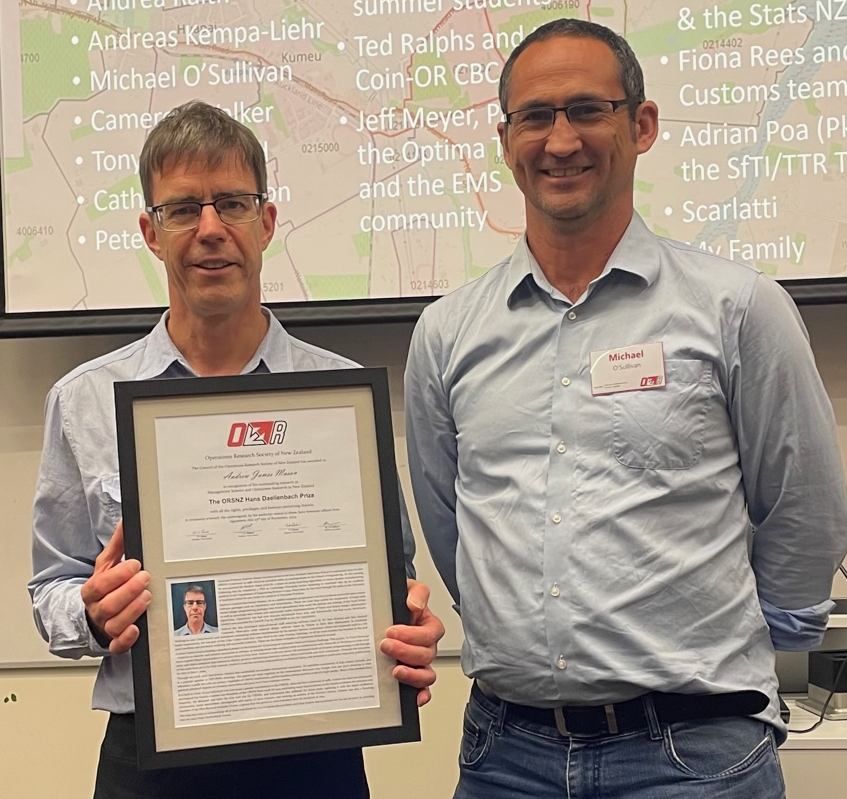Kia ora koutou,
On behalf of the organising committee for the 3rd New Zealand Hydrogen Symposium, we are pleased to invite you to participate and submit abstracts for the conference. The symposium will be held from February 3-5, 2025, at the University of Canterbury in Christchurch, New Zealand.
We are excited to invite you to participate in this conference. Topics of the conference range from production and storage to small-scale hydrogen systems and regulation.
For more information, please visit the symposium’s website: http://nzhs2025.co.nz/
Call for abstracts: Now Open
August 31, 2024: Early bird registration deadline.
September 30, 2024: Submissions close.
October 31, 2024: Registrations close.
Abstract Submission: We invite you to contribute to the symposium by submitting an abstract. This is a unique opportunity to share your research and ideas with the hydrogen community, highlighting the latest advancements in support of developing a global hydrogen ecosystem and potentially inspiring others with your work.
We encourage you to share this information with your networks to help promote the event. If you have any questions or need further information, please feel free to contact our organising committee at [email protected].
We look forward to seeing you at the symposium.
Of particular interest to ORSNZ members may be sessions on modelling issues in this context.
Ngā mihi / Best Regards
Andrea Raith (ORSNZ president)
on behalf of the local organising committee of the 3rd New Zealand Hydrogen Symposium
